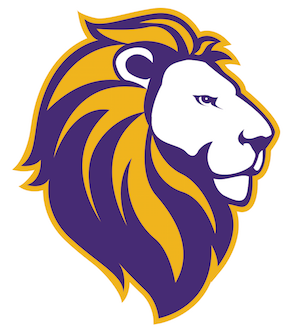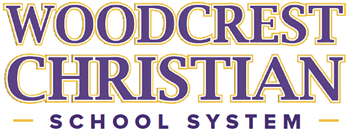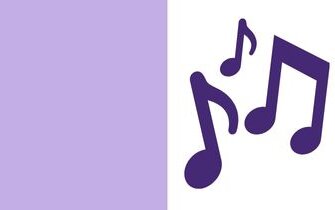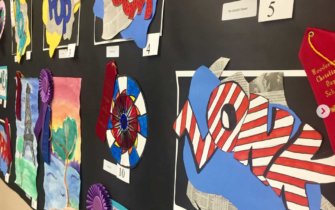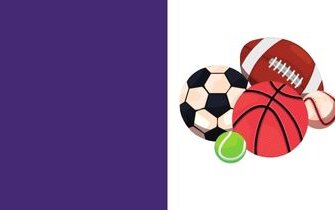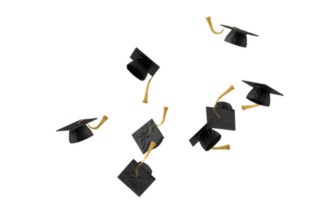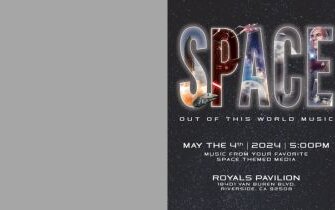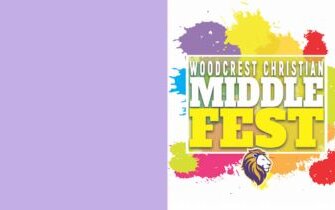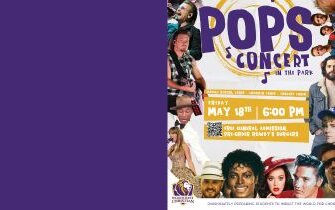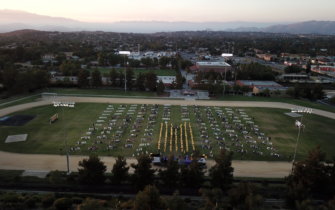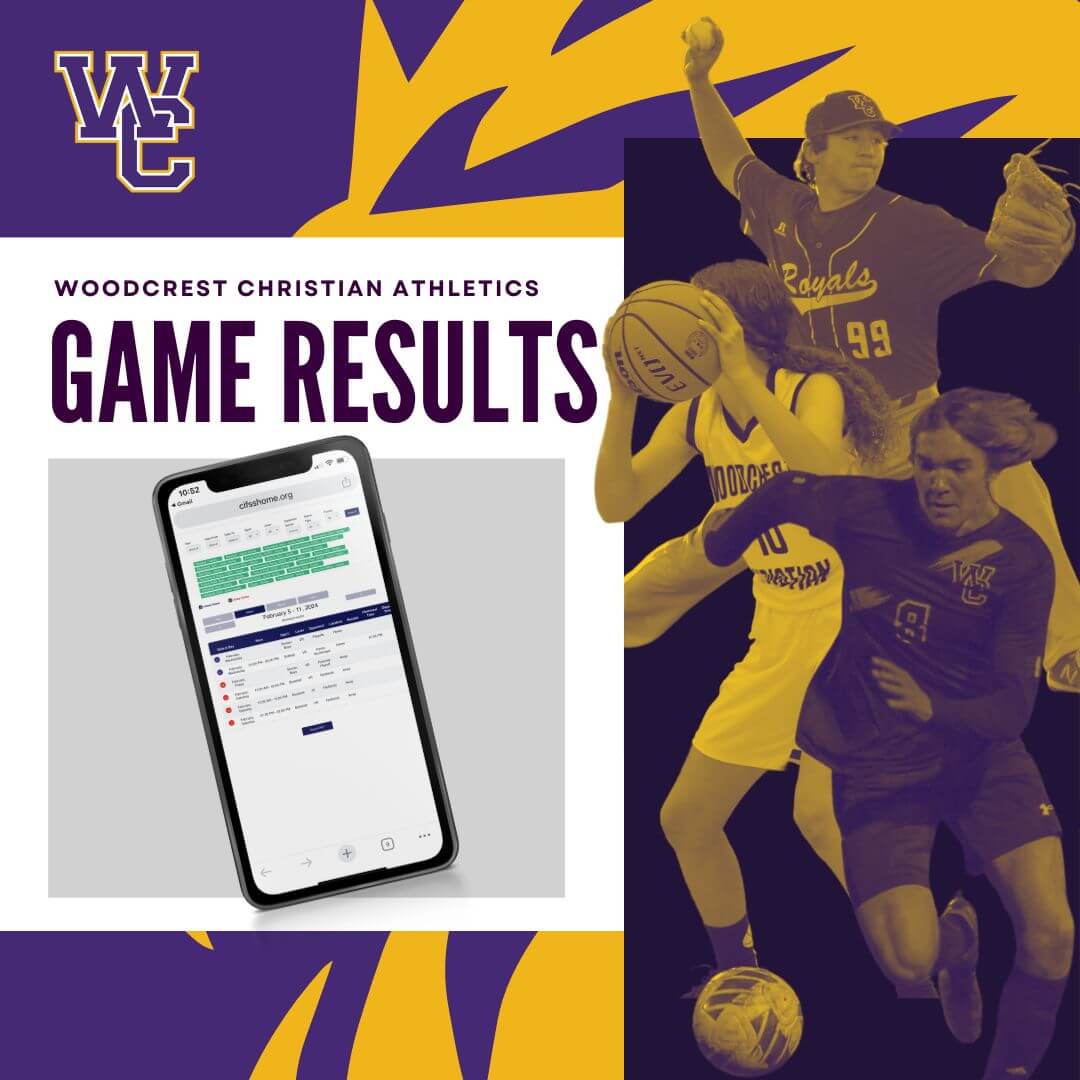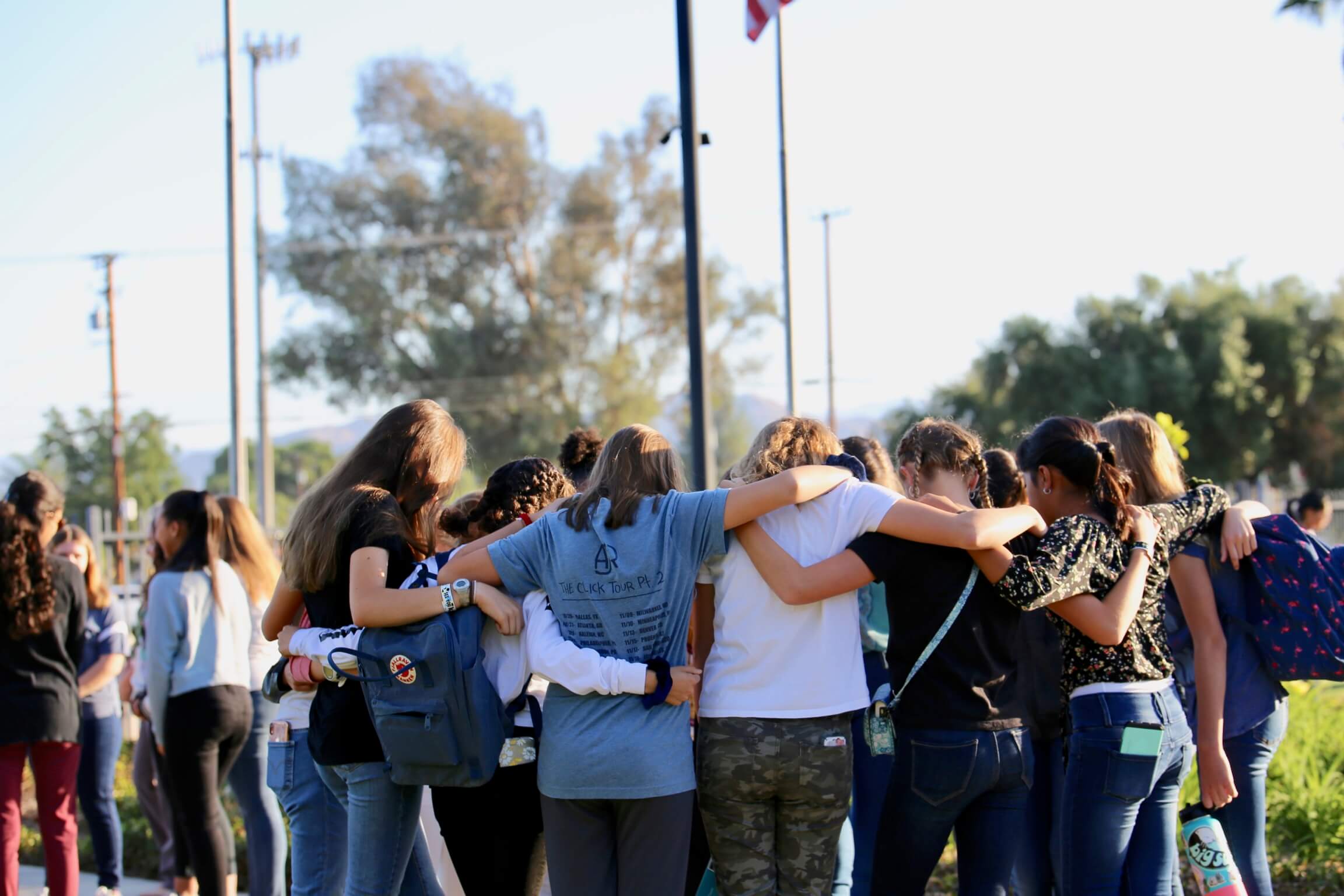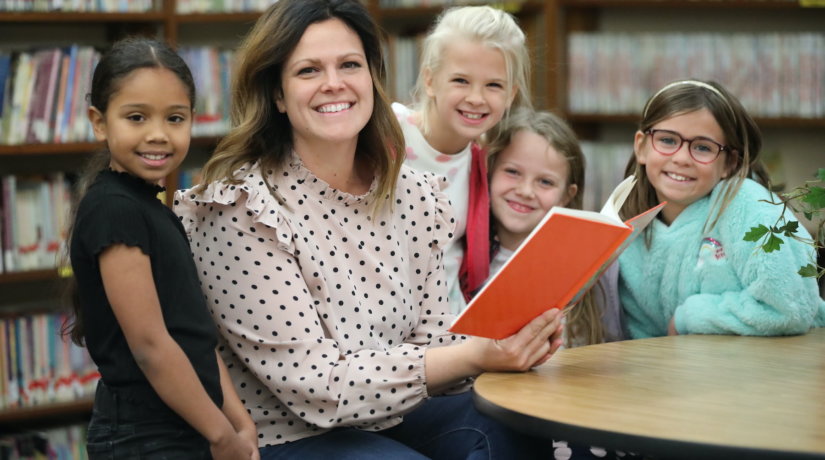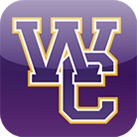Growing up, I always knew my mom and grandma were voracious readers. When you walked into grandma’s house you knew if she wasn’t in the kitchen cooking you would find her somewhere with a good book. My love for reading was perpetuated by their love for reading, and I quickly learned that reading could take you from one country to another galaxy all on one page!
Reading is one of the most important skills we can have in life. As a believer, it is imperative in our faith journey that we are not only able to read, but also able to retain what we have read so we may know God better through His living Word. Numerous studies show the importance that children still learn the art of reading paper books in conjunction with other digital formats during these formidable years. That is one reason I am so thankful our students come to the library once a week to get books that not only help stimulate their imaginations but advance their cognitive skills. There are so many great series of books for every reading level right here in our school library!
Reading is not only fun, but also essential to your child’s educational development. It is the stepping-stone to knowledge. Once students enter fourth grade, their focus shifts from learning to read to reading to learn. Basic reading skills become vital for continued learning in other subjects (Annie E. Casey Foundation, 2010, Page 9). Dr. Seuss wrote in I Can Read with My Eyes Shut: “The more that you read, the more things you will know. The more that you learn, the more places you’ll go.” This is such a true statement that I don’t think resonated with me until later in life. While teachers play a significant role in educating our children, being able to read so we can learn on our own is a valuable skill necessary to life.
The experience of reading is just as important. Nicholas Carr, author of The Shallows: What the Internet is Doing to Our Brains, contends that “our thoughts, mental processes, and even physical brains are actually being restructured” as we engage in longer and longer episodes of screen time whether that be on a computer screen, e-book, television, or other digital device. Digital content is typically truncated, distractions abound, and there is potential loss for imagination. Carr says, “The linearity of the printed book is shattered, along with the calm attentiveness it encourages in the reader. The high-tech features of devices like the Kindle or Apple’s iPad may make it more likely that we’ll read e-books, but the way we read them will be very different from the way we read printed editions.”
As author Stephen Johnson says, “I fear that one of the great joys of book reading—the total immersion in another world, or in the world of the author’s ideas—will be compromised. We all may read books the way we increasingly read magazines and newspapers: a little bit here, a little bit there.”
Carr also points out that as a device for reading, the book retains some compelling advantages over the computer, such as:
- Words on a page in black and white ink are easier to read than words formed of pixels on a backlit screen.
- Navigating a book is simpler. You can flip through pages, write in the margins, see the progression of reading physically in the pages as you move through a book, and more easily refer back to a section of the book that you recall was ‘towards the front’ or ‘towards the back’—tasks that are not as easy to do in digital format.
- You can travel with a book without worry of damaging it by leaving it in the sun, getting sand in it while at the beach, or having to be concerned with plugging it in.
We are so blessed to live in a time where we have such easy access to learning about the world around us. While tablets and Kindles are a great way to store multiple books all in one spot, it is still vital to brain development that children read paper books as well. Studies have shown that there is an increase in the white matter development in the brain when reading paper books that isn’t present while reading from a screen (Carnegie Melon, 2009). White matter is responsible for communication between all the parts of the brain and the body.
Over the last three years as librarian here at WCDS, I have been able to see what different series of books not only interest our students to read but help to improve their reading skills. As we know, Paul tells us in 1 Corinthians that we are all one body made up of different parts. We all serve different functions and are not exactly alike. The same goes for our children and the degree at which they can read! Don’t be discouraged if your child isn’t at the same pace as another child in their grade! I would encourage you to have your child read fifteen minutes a day. Studies have shown that “15 minutes seems to be the ‘magic number’ at which students start seeing substantial positive gains in reading achievement” (Renaissance, 2018, paragraph 4).
Here are some great series we have here in our library on campus I would recommend for your little readers based on their grade level. You can click on each highlighted title, and it will take you to the book I am referencing if you are interested in purchasing some for your home library.
TK– Little Reader Box Sets to introduce them to identifying words.
Kindergarten– Step into Reading books. Students can progress through the number levels as they their reading skills improve.
First Grade– I Can Read books. Students can progress through the number levels as their reading skills improve.
Second Grade– Magic Tree House, Junie B Jones, Frog and Toad, Flat Stanley
Third Grade– Flat Stanley, The Littles, A-Z Mysteries, Nancy Drew Mysteries, Hardy Boys, Imagination Station
Fourth Grade– I Survived Series, Robot Wars
Fifth Grade– Chronicles of Narnia, Hardy Boys, Nancy Drew
Sixth Grade– Left Behind, City of Ember
The Woodcrest Christian School System has done a great job at fostering a love for knowledge, and I am so thankful to be part of that journey. I love seeing the students get excited when I have new books in the library or when they find a book that they absolutely love. I hope that every student can be captured by the world of reading and enjoy the art of getting lost in a good book.
Written by Morgan Cox, WCDS Librarian
![]()
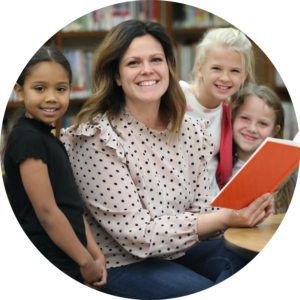
References
Early Warning! Why Reading by the End of Third Grade Matters. (2010). Annie E. Casey Foundation. https://www.nmvoices.org/attachments/natl_kc_learn_to_read_full_rpt_5-10.pdf
First evidence of brain rewiring in children: Reading remediation positively alters brain tissue. (2009, December 10). Carnegie Mellon University. ScienceDaily. www.sciencedaily.com/releases/2009/12/091209121200.htm
The Magic of Fifteen Minutes: Reading Practice and Reading Growth. (2018, January 23). Renaissance.
https://www.renaissance.com/2018/01/23/blog-magic-15-minutes-reading-practice-reading-growth/
Carr, Nicholas. The Shallows: What the Internet is Doing to Our Brains. W. W. Norton & Company;
Updated edition (March 3, 2020)
